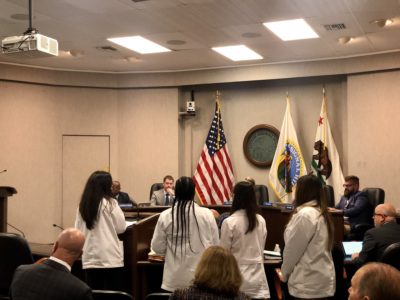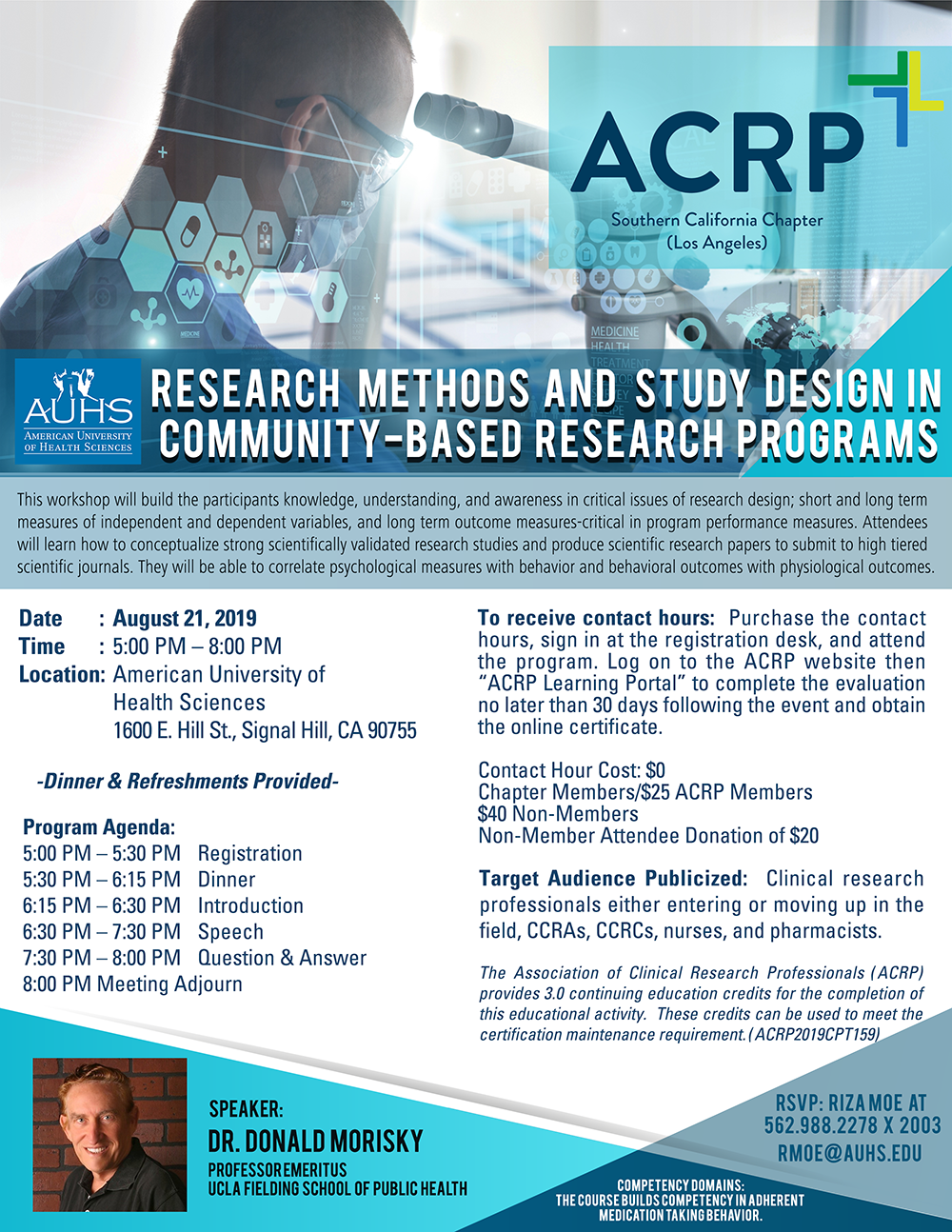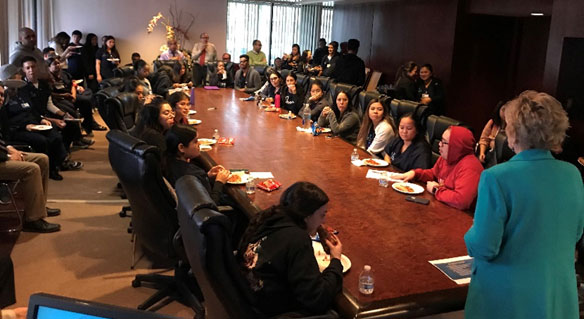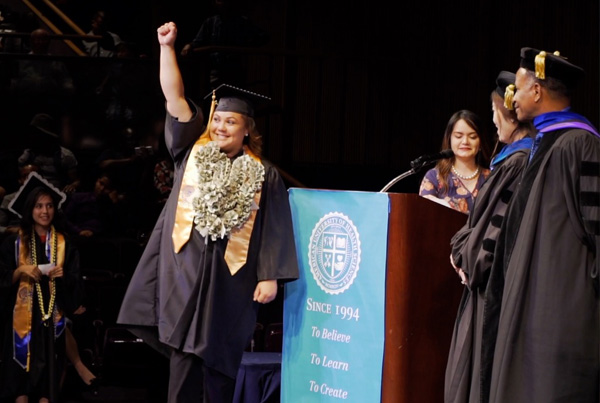Barriers in Pharmacy for the Vietnamese Community
By Mai Luu, PharmD Candidate, Class of 2026
The prominent language barrier in the Vietnamese community affects the field of pharmacy, and ultimately patient care and patient safety, because it can oftentimes lead to the misuse of medications. Many patients in the community struggle to read and understand the directions of use or administration that is provided on their prescription bottles. Although prescription labels are designed to convey only the most important information, they fail to account for non-native speakers. Some pharmacies or large retail chain companies may recognize the diversity of patient populations they serve and offer multilingual translations, however, Vietnamese is often not offered as it is not considered one of the more common second languages. As a result, Vietnamese patients misread or misinterpret their prescription instructions, which frequently lead to inappropriate use. The language barrier, in addition to a common cultural belief, drives patients to inadvertently take higher doses with the intention to recover faster. Lack of awareness and attention to the language barrier, which leads to lack of understanding, can be extremely harmful as medication underuse, misuse, and overuse (and overdose) may lead to either subtherapeutic treatment or toxic effects.
Another Vietnamese cultural misbelief is deciding to stop or discontinue use of their medication(s) once they start feeling better, ending their therapy abruptly or prematurely and increasing the likelihood of relapse. Without the proper education and counseling in their native language, Vietnamese patients assume the improved condition means that they can now rely on their own healing to reach full recovery since continued use may incur additional “unnecessary” expenses, which adds yet another cultural complexity. The gradual increase in medication costs fuel their decision to “power through” and ignore less severe symptoms if it means saving their hard-earned money. Thus, the language barrier has a rippling effect that perpetuates harmful and misleading approaches within the Vietnamese community. Lack of understanding and health illiteracy drives patients to make choices in which they are completely unaware of the negative long-term consequences on their well-being.
Pharmacists must adopt a multi-level approach to address the language barrier and ensure that the community correctly uses their medication as prescribed. First, serving the Vietnamese community should require strong language skills, which would allow pharmacists to effectively communicate with patients and provide clear explanations. Priority should be given to specialists who can speak Vietnamese on at least intermediate level. Those who are not familiar with the language would benefit from using translation software and consulting with interpreters. They should pay attention to the patient’s English proficiency when deciding whether additional help is needed and encourage patients to ask for explanations in a non-judgmental atmosphere.
Secondly, pharmacists must focus on patient education, emphasizing proper dosage and the importance of completing the entire prescribed course of medication. This effort may involve developing educational materials in Vietnamese and culturally tailored workshops to improve health literacy within the community. Illustrations can also convey important instructions, such as dosage, frequency, and potential side effects, making the information more accessible. Culturally sensitive communication can bridge the language gap and empower patients to make informed decisions about their health.
Thirdly, pharmacists should be attuned to patients’ concerns about medical costs and work to alleviate these fears by emphasizing the long-term benefits of proper medication use. This approach would help dispel the misconception that stopping medication early is a cost-saving measure. On the same note, pharmacists should help patients navigate available options and recommend appropriate cost-effective alternatives. Limited language proficiency makes such decisions more difficult, while being able to save money without interrupting treatment can improve adherence. Ultimately, prioritizing language assistance, effective communication, and patient education can help pharmacists overcome the language barrier and promote better health outcomes in the Vietnamese community.









